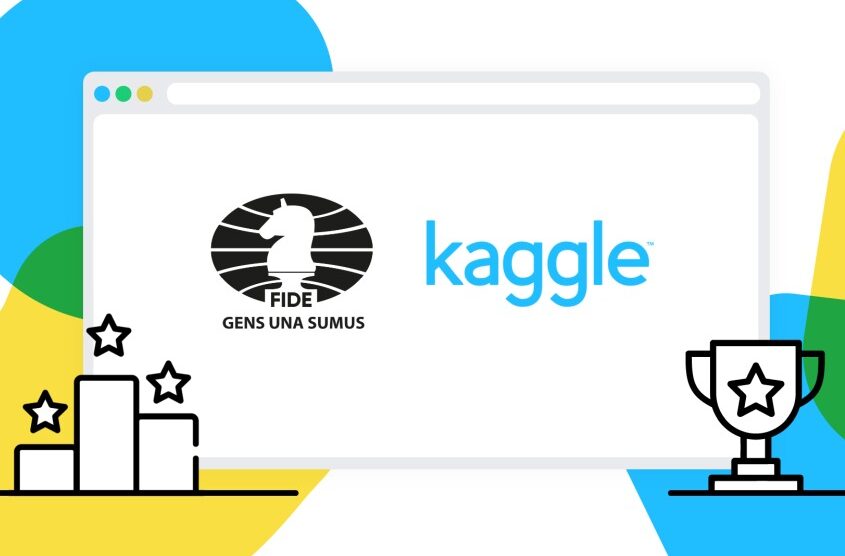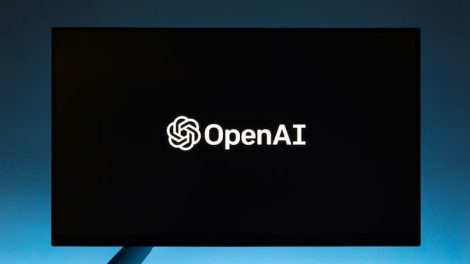FIDE and Google Create the Efficient Chess AI Challenge, Hosted on Kaggle. This collaboration seeks to combine the centuries-old intellectual tradition of chess with cutting-edge artificial intelligence (AI) technology, opening new avenues for research and innovation in the field. Through this challenge, participants are encouraged to develop AI systems that excel at chess while prioritizing computational efficiency and scalability, addressing the pressing need for resource-conscious AI models in today’s technology-driven world.

This competition underscores the growing synergy between traditional intellectual pursuits and the rapid advancements in machine learning. FIDE, the governing body of chess, joins forces with Google, leveraging its technological expertise, to redefine what is possible in AI-driven chess. The challenge offers a platform for enthusiasts, researchers, and developers worldwide to test their skills and creativity in crafting AI solutions capable of competing at a high level, without excessive reliance on computational power.
The Premise of the Efficient Chess AI Challenge
The essence of the challenge lies in its focus on efficiency. Unlike traditional chess engines that often demand substantial computational resources to operate effectively, participants are tasked with developing models that optimize resource use. Efficiency here refers to the ability of an AI model to perform exceptionally well in chess while consuming minimal computational power, memory, and energy. This aligns with broader trends in AI research, where the demand for sustainable and scalable solutions is increasingly prioritized.
The competition presents unique constraints that mirror real-world challenges in deploying AI systems. Whether it’s in consumer electronics, edge devices, or applications in resource-constrained environments, the ability to run advanced AI efficiently is critical. This makes the Efficient Chess AI Challenge an exciting opportunity for developers to showcase their ingenuity while addressing global AI deployment challenges.
Why Chess?
Chess has long been a benchmark for testing AI systems, from IBM’s Deep Blue defeating world champion Garry Kasparov in 1997 to the dominance of AlphaZero, Google’s revolutionary AI chess engine. Chess serves as a rich testing ground for algorithms due to its complexity, combinatorial nature, and the requirement for strategic planning. The Efficient Chess AI Challenge continues this tradition, emphasizing not only raw performance but also the elegance of design and sustainability.
The historical significance of chess in AI research cannot be understated. It represents the intersection of cognitive science, game theory, and algorithmic design. By focusing on efficiency, this challenge extends the legacy of using chess as a proving ground for technological advancements while adapting to modern constraints.
Key Elements of the Competition
Participants in the Efficient Chess AI Challenge must adhere to specific guidelines and objectives outlined by FIDE and Google. The task involves developing a chess-playing AI that balances performance and resource usage. Success is measured across multiple metrics, including:
- Gameplay Performance – The model’s ability to play chess effectively against other engines and human opponents.2.
- Efficiency Metrics – This includes factors like memory consumption, energy use, and processing speed, evaluated against standard benchmarks.3.
- Scalability – Models should demonstrate adaptability across various platforms, from high-performance servers to low-power devices.
To facilitate the competition, Google and FIDE have provided participants with resources such as datasets of historical chess games, state-of-the-art tools for training and evaluating AI models, and detailed documentation. These resources are hosted on Kaggle, a leading platform for data science and machine learning competitions.
Challenges and Opportunities
The Efficient Chess AI Challenge presents participants with significant challenges that mirror real-world scenarios. Developing an efficient AI model requires balancing multiple trade-offs, such as sacrificing certain computational advantages to achieve broader applicability. The competition also highlights the broader implications of AI efficiency, including its impact on environmental sustainability and accessibility in low-resource settings.
Participants must grapple with complex questions: How do you maintain a high level of strategic depth and gameplay capability while reducing computational demands? How can models be optimized to function effectively across diverse hardware platforms? Addressing these questions not only enhances the quality of AI chess engines but also contributes to advancements in general AI methodologies.
This initiative opens up opportunities for a wide range of contributors, from academic researchers to independent developers. By encouraging diverse participation, the challenge aims to foster innovation and uncover novel approaches to AI efficiency.
The Role of Kaggle And
Broader Implications
Kaggle serves as the ideal platform for hosting this challenge, providing participants with access to collaborative tools, community support, and a competitive environment. Its user-friendly interface and robust infrastructure make it easier for participants to focus on the core task of developing efficient chess AI. Kaggle’s leaderboards and forums also promote engagement and knowledge sharing, enhancing the overall experience of the competition.
The Efficient Chess AI Challenge represents more than just a competition; it’s a call to action for the AI community to address critical issues of efficiency and sustainability. As AI systems become increasingly integrated into everyday life, the demand for resource-conscious solutions will only grow. This challenge underscores the importance of designing AI that is not only powerful but also equitable and accessible.
This initiative reinforces the value of interdisciplinary collaboration. By bringing together experts in chess, artificial intelligence, and computational efficiency, FIDE and Google are fostering a culture of innovation that transcends traditional boundaries. The lessons learned from this competition could have far-reaching implications, influencing fields as diverse as robotics, natural language processing, and autonomous systems.
The Efficient Chess AI Challenge, spearheaded by FIDE and Google and hosted on Kaggle, is a groundbreaking initiative that redefines the intersection of chess and artificial intelligence. By emphasizing efficiency, the competition pushes participants to develop AI models that are not only high-performing but also resource-conscious and scalable. This challenge highlights the evolving role of chess as a testing ground for AI innovation while addressing pressing global concerns about sustainability and accessibility.
Whether you are an AI researcher, a chess enthusiast, or a developer looking for a stimulating challenge, this competition offers an unparalleled opportunity to contribute to the future of AI. The Efficient Chess AI Challenge is more than a contest; it’s a movement towards smarter, more efficient, and more inclusive technology.










Add Comment